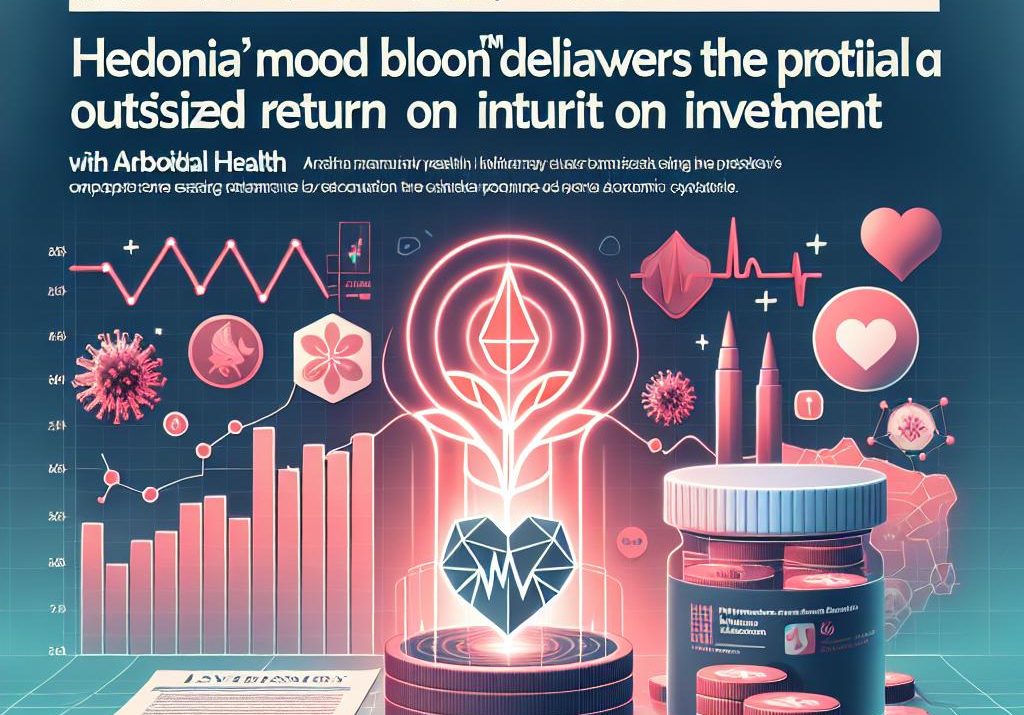Hedonia, a mobile mental health solutions provider, has released promising findings from a recent economic model. The study, conducted in collaboration with Arbital Health, indicates a potential 5:1 return on investment (ROI) for employers, payers, and healthcare providers utilizing Hedonia’s digital therapeutic app, Mood Bloom. Designed to treat depression and anxiety, Mood Bloom leverages a unique therapeutic gaming approach called Facilitating Thought Progression (FTP).
This approach embeds simple exercises within an engaging game environment to establish new mental habits that mitigate depressive symptoms. The high engagement rates achieved through this gamified approach contribute significantly to the app’s impressive ROI potential. Data from clinical trials at Massachusetts General Hospital, which served as the basis for the economic model, revealed a substantial 45% reduction in depressive symptoms among Mood Bloom users. This clinical efficacy translates into significant cost savings. For instance, a company with 20,000 employees could save over half a million dollars annually by offering Mood Bloom to its workforce.
Arbital Health’s economic model calculates the ROI by assessing the financial savings associated with improved mental health outcomes achieved through Mood Bloom. The model demonstrates that employers can significantly reduce costs by implementing Hedonia’s program. The program’s effectiveness lies in its ability to help individuals transition from more severe to less severe mental health states, thereby decreasing overall treatment expenses.
The model, built upon peer-reviewed outcomes data and clinical findings, offers a customizable ROI calculator tailored to diverse employer populations. This allows employers to directly visualize the potential cost savings associated with Mood Bloom implementation. The study, drawing on the 2022 MarketScan Database, analyzed cost patterns among individuals diagnosed with depression and anxiety. It examined Mood Bloom’s financial impact using detailed cost estimates from major U.S. employers, showcasing the program’s ability to improve mental health while significantly reducing associated costs.
Beyond direct medical cost reductions, mitigating depression and anxiety symptoms yields additional benefits, such as improved productivity. Research indicates a correlation between the severity of depression and productivity loss, ranging from 29% for mild depression to 51% for severe depression. By facilitating a transition to less severe mental health states, Mood Bloom contributes to enhanced productivity. As mental health disorders continue to rise, Hedonia’s Mood Bloom presents a scalable, effective, and financially viable solution for employers seeking to enhance employee well-being while managing healthcare expenditures. Hedonia specializes in evidence-based mobile mental health tools. Their flagship product, Mood Bloom, combines mental health treatment with game design to improve engagement and outcomes. Arbital Health focuses on managing the complexities of value-based contract design, measurement, and adjudication, aiming to facilitate the transition to value-based care in the U.S. healthcare system.
Jon Napitupulu is Director of Media Relations at The Clinical Trial Vanguard. Jon, a computer data scientist, focuses on the latest clinical trial industry news and trends.





